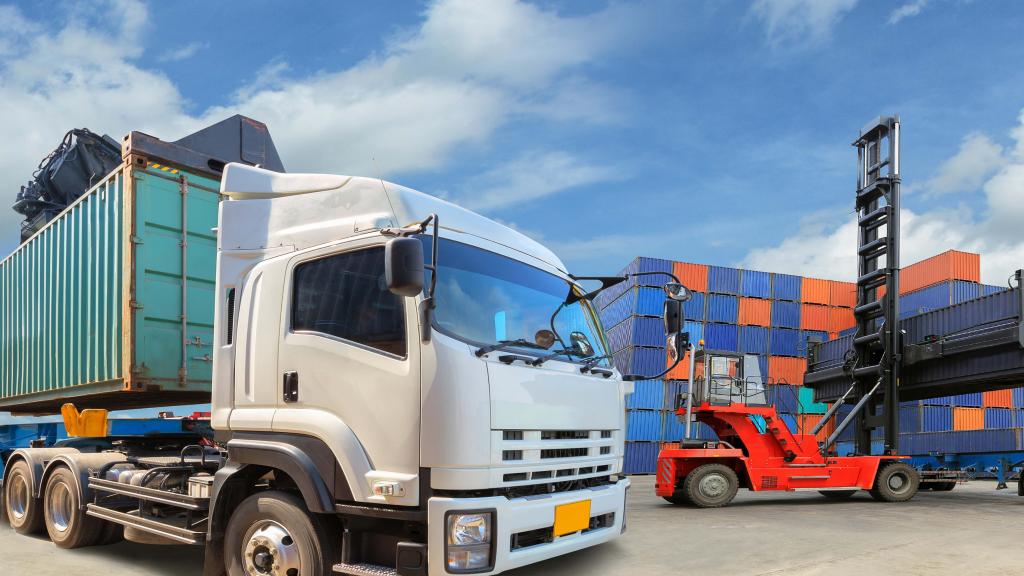
The war rages on in eastern Europe, taking a tragic toll on human life, and its ripple effect on the supply chain is tangible worldwide as prices for consumer goods and commodities are spiraling out of control. One of those commodities is fuel.
Already in 2021 the price per barrel of crude oil doubled compared to the year before and it reached the 100€ mark since Russia invaded Ukraine. In Europe 70% of freight is handled by road transport so it is safe to say the trucking industry is the driver of our economy. Demand is ramping up in the aftermath of the Covid-19 related recession as manufacturing businesses are steadily picking up production. While this should put hauliers in a festive mood, diesel makes up for almost 35% of their operating costs. For them to remain solvent, customers must foot the bill for the relentless price increase in fuel, which in turn affects the consumer price.
To add insult to injury, the threat of haulier strikes throughout the continent is imminent and the pressure on governments to implement incisive measures is mounting. Unfortunately Europe does not have a common approach to tackle the problem and governments are debating on the right course of action for their country.
The glass manufacturing industry is already heavily exposed due to the inflation in energy sources and the persisting shortage of semiconductor chips. The added pressure of political unrest and subsequent fuel crisis leave the industry particularly vulnerable.

